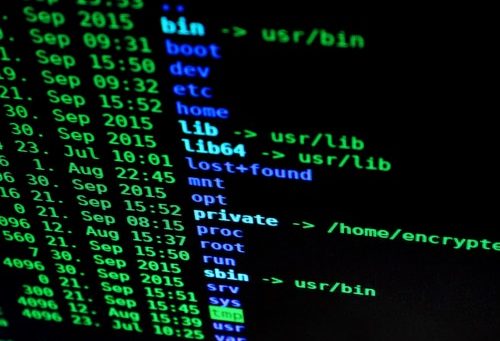
5 Ways to Secure Your Home Security System from Hackers
Are you enjoying the convenience and features your “smart” home security system offers such as the ability to control your thermostat and security system from your smartphone?
If so, you should be aware that criminals have become increasingly savvy in their ability to hack into security systems.
Burglars have figured out ways to detect the wireless signals between devices and sensors in your home, and used the information to disarm security systems.
Some homeowners who have become victims of hacking attacks have even had their home security cameras turned into spying eyes, enabling hackers to view them while inside their homes!
So, what steps can you take to protect your home’s security system from being hacked?
1. Use a Strong Password
A residential security system is only as good as the password protecting it. If burglars can crack your password, they can disable your security system in seconds.
Yes, it’s easier to remember passwords such as your child’s birth date or the year you were married, but often that information is easy to find online.
Burglars scour the Internet and social media to find relevant dates and then try them out until they hit the right one. A better approach is to choose a unique, non-sequential password that’s not relevant to any birth date or other important event.
Generally, this type of password will include both upper and lowercase letters, numbers, and a symbol or two.
You should also change your password often, particularly if you’ve given it to service workers such as housekeepers, and especial if they no longer work for you.
2. Secure Your WiFi / Router
If your security system connects to a wireless network, you’ll want to make sure your router is a recent model and includes the latest encryption standards. You can also make it “invisible,” meaning others using wireless devices near your home won’t see your network listed.
If you own a router (vs. leasing one from your Internet service provider), regularly check to see if there are any updates available and keep it updated. Again, you should also choose a strong password that is not easy to guess.
3. Choose a Security System with Built-In Encryption
Encryption technology isn’t restricted to just wireless networks; it can also be included in your security system.
Many professionally installed and newer security systems on the market encrypt their data before transmitting it, adding another level of protection against hacking and cyber threats.
A hacker may still be able to intercept the data, but without the decrypt key, he or she won’t be able to read or use it.
4. Check Your Camera Logs
If your system includes video surveillance, you should check the system logs regularly to see if any suspicious IP addresses have attempted to access it.
If you discover an IP address that isn’t one you frequently use to access your system, change your access codes right away and continue to monitor for any more suspicious activity.
5. Secure Your Mobile Phone and Be Aware of Using Public WiFi
Avoid logging into your home security system on public networks, whether from your laptop or mobile device. You should also keep your phone locked with a passcode in case it’s lost or stolen. If you lose your phone, remove your phone’s access from your security system right away.
We Can Help!
The bottom line is while it’s convenient to have access to your security system remotely, from real-time video surveillance to disarming the alarm to let in a service worker from a remote location, you need to be aware of potential vulnerabilities.
For optimum projection, you should work with a reputable security firm — never try to install or configure a system on your own.
Cultris Security Systems has been protecting residential and commercial properties for more than 10 years.
We work with state-of-the-art equipment, and our technicians are experienced and well-qualified to answer your questions. Contact us today to learn how we can help secure your home or business!
Call 281-506-8466 or visit us online.

